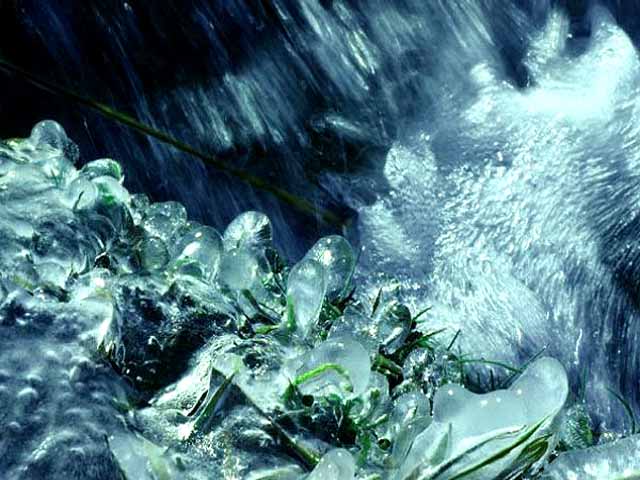XXIX
(ZWEITER TEIL)
Stiller Freund der vielen Fernen, fühle
wie dein Atem noch den Raum vermehrt.
Im Gebalk der finstern Glockenstühle
laß dich läuten. Das, was an dir zehrt,
wird ein Starkes über dieser Nahrung.
Geh in der Verwandlung aus und ein.
Was ist deine leidenste Erfahrung?
Ist dir Trinken bitter, werde Wein.
Sei in dieser Nacht aus Übermaß
Zauberkraft am Kreuzweg deiner Sinne,
ihrer seltsamen Begegnung Sinn.
Und wenn dich das Irdische vergaß,
zu der stillen Erde sag: Ich rinne.
Zu dem raschen Wasser sprich: Ich bin>
Rainer Maria Rilke
|
XXIX (SECOND PART)
Silent friend of many distances, feel
how your breath still multiplies all space.
In the darkness of the belfry's high beams,
let yourself ring. That which weakens you
will grow strong on such nourishment.
Move in and out of transformation.
What is your most painful experience?
Is the drinking bitter, become wine.
Be in this night of a thousand excesses,
magic power at the crossroads of your senses,
the meaning of their rare encounter.
And when the earthly has forgotten you,
say to the quiet land: I flow.
And to the rushing waters speak: I am.
(tr. Cliff Crego)
|


